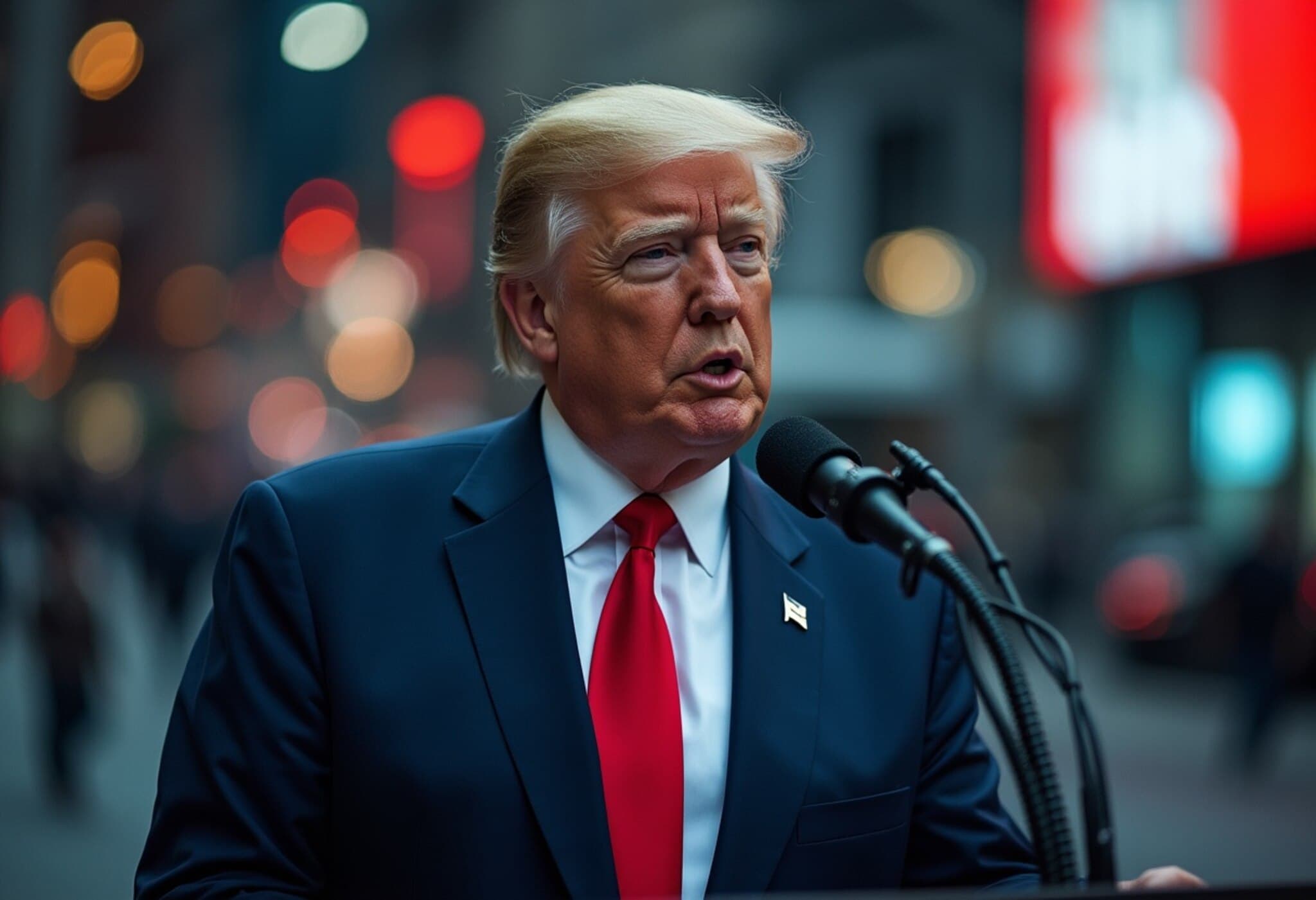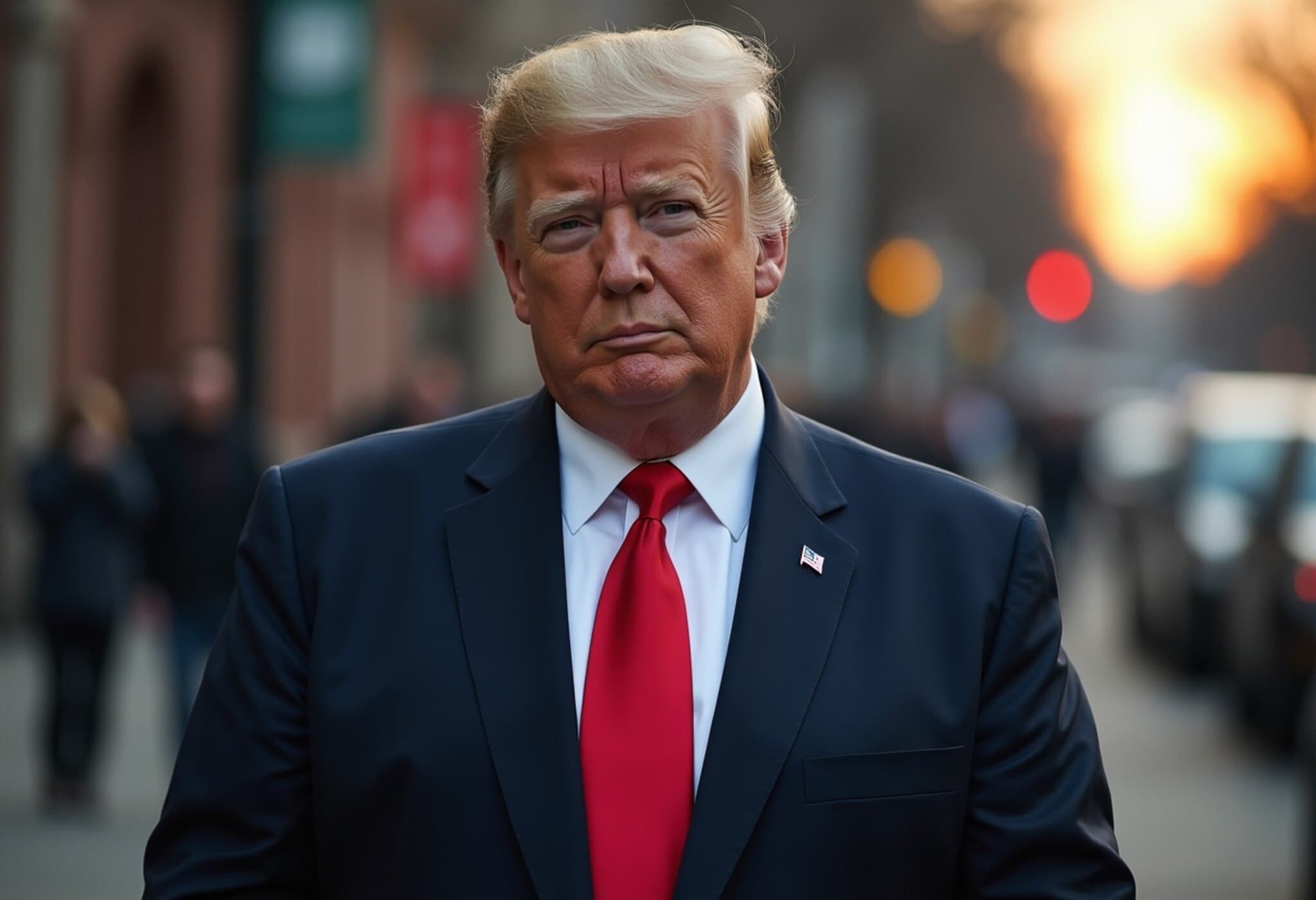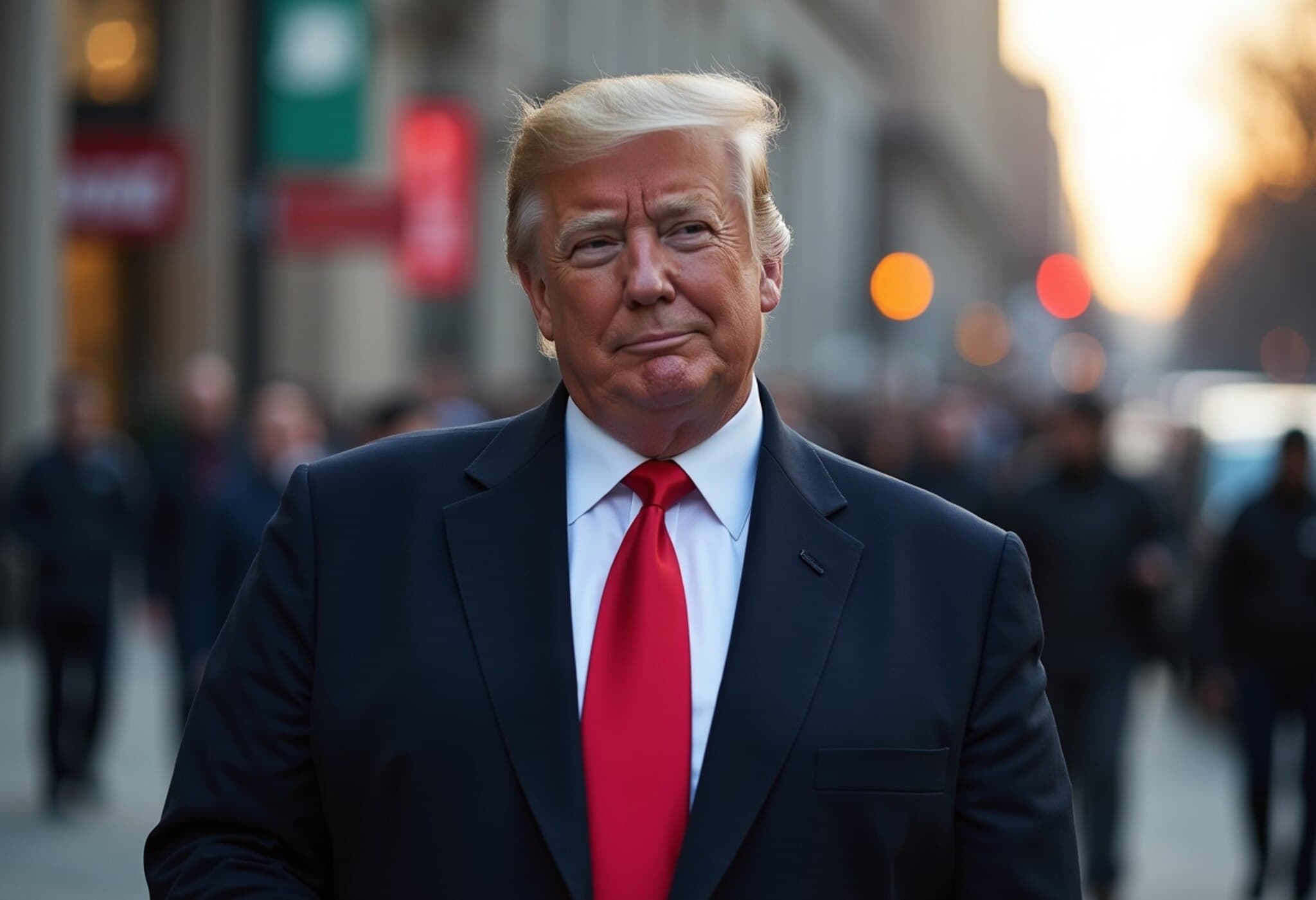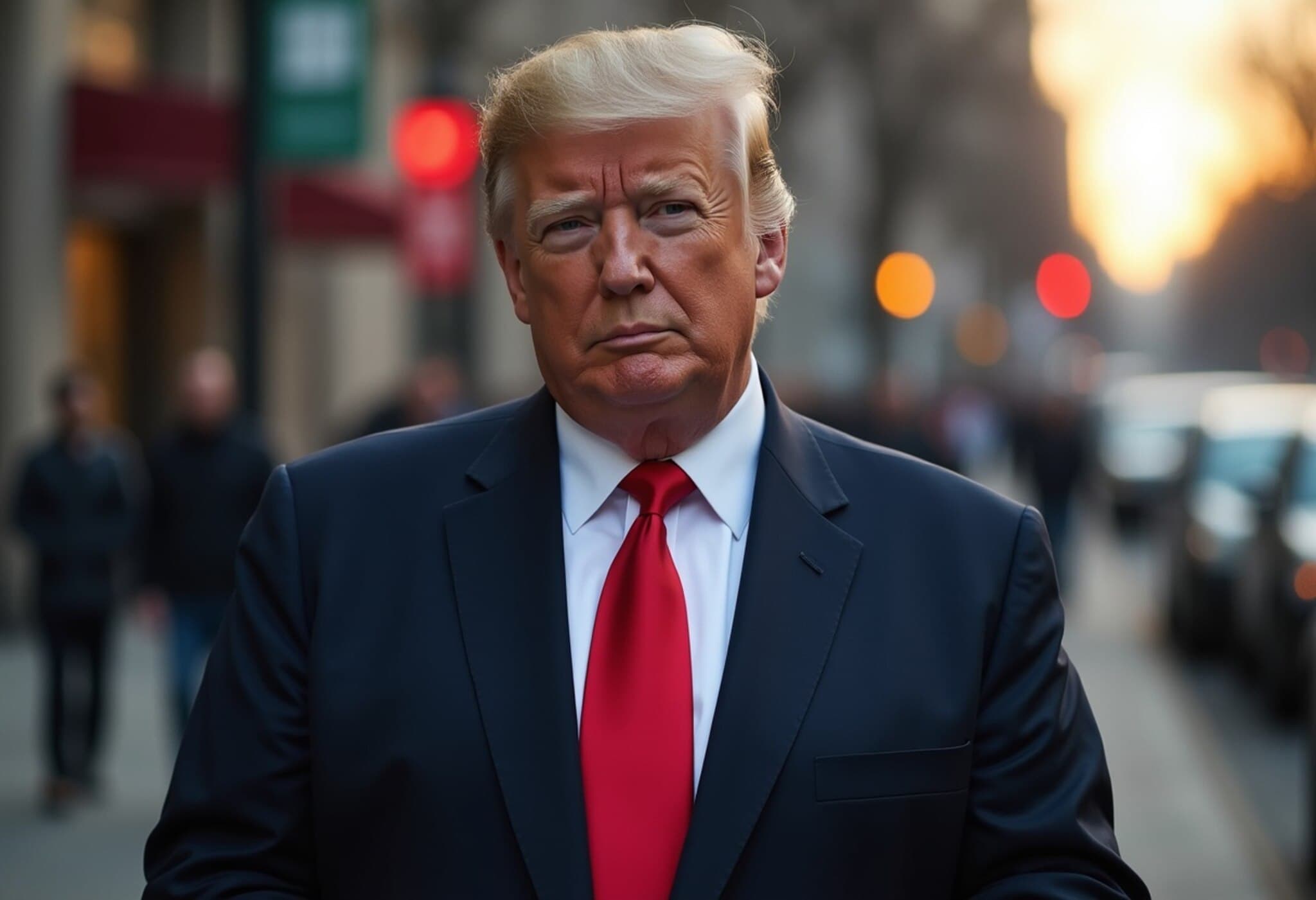Trump Unveils Bold Tariff Plan Targeting Semiconductor Imports
In a striking move aimed at revitalizing American manufacturing, President Donald Trump announced on Wednesday his intention to impose a 100% tariff on imported semiconductors and computer chips. The policy, designed to incentivize onshore production, comes with a key caveat: companies that establish manufacturing operations within the United States will be exempt from this hefty duty.
Pressuring Tech Giants to Build Domestically
Speaking from the Oval Office, Trump stressed that businesses like Apple would benefit from the exemption if they commit to building chips on American soil. "We're going to be putting a very large tariff on chips and semiconductors, but the good news for companies like Apple is if you're building in the United States or have committed to build, without question, committed to build in the United States, there will be no charge," the president noted.
This initiative reflects a broader strategy to re-shore critical supply chains, a move propelled by ongoing industry concerns about reliance on Asia for advanced semiconductor components. With chips now integral to everything from smartphones to automobiles and defense systems, the administration's emphasis on domestic manufacturing could have far-reaching implications.
Key Details Remain Unclear Amid Urgency
While the announcement signals a significant shift in trade and industrial policy, details remain vague. It is yet to be clarified how companies will qualify for the tariff exemption — such as the minimum manufacturing footprint required or compliance timelines. Experts caution that such ambiguity might delay corporate decisions or cause confusion in supply chains already under stress.
Broader Context: U.S. Semiconductor Industry & Economic Impact
The semiconductor sector has emerged as a linchpin in U.S. economic and national security policy. Recent supply shortages have underscored the vulnerabilities of offshored production. The proposed tariffs could accelerate investments in domestic fabrication plants (fabs), potentially creating thousands of high-tech jobs.
However, industry analysts warn that a sudden doubling of import costs on chips might increase production expenses for American manufacturers, potentially pushing up prices for consumers. Additionally, tech companies heavily integrated into global supply networks may find it challenging to pivot swiftly to U.S.-based chip production.
Legal and Trade Policy Considerations
From a legal perspective, imposing such steep tariffs raises questions about compliance with World Trade Organization (WTO) rules and trade retaliations from affected countries. The U.S. has previously faced disputes over tariffs, and this move could escalate tensions, particularly with key chip-producing nations like Taiwan, South Korea, and China.
What This Means for Businesses and Consumers
- Businesses will need to weigh the costs of building or expanding U.S. production facilities against the financial burden of tariffs.
- Consumers might see higher prices on electronics and vehicles if manufacturing costs rise.
- Policymakers must balance the goal of revitalizing domestic industry with the complexities of global supply chains and trade relations.
Looking Ahead: Monitoring the Implementation
As this situation evolves, stakeholders await further guidance on the tariff’s operational details and timelines. The administration’s next steps will be critical in shaping the semiconductor sector's future and, by extension, America’s technological competitiveness.
Editor’s Note
President Trump’s plan to impose a 100% tariff on imported semiconductors signals a strategic effort to bolster domestic manufacturing and reduce foreign dependency in a vital industry. While it offers potential advantages, such as job creation and supply chain security, the proposal also raises important questions around trade legality, economic impact, and corporate readiness. As this story develops, it remains essential to watch how businesses adapt and how consumers may ultimately be affected.



















